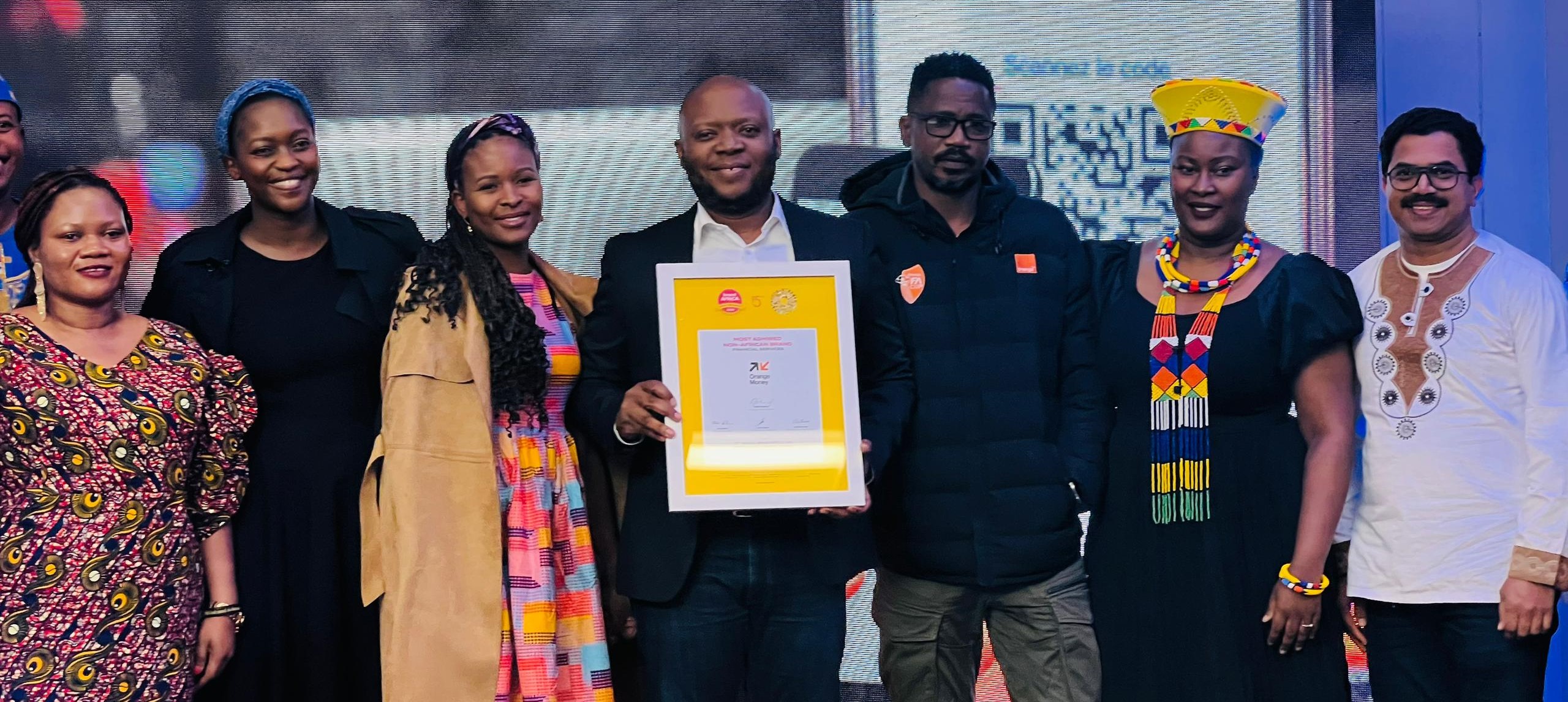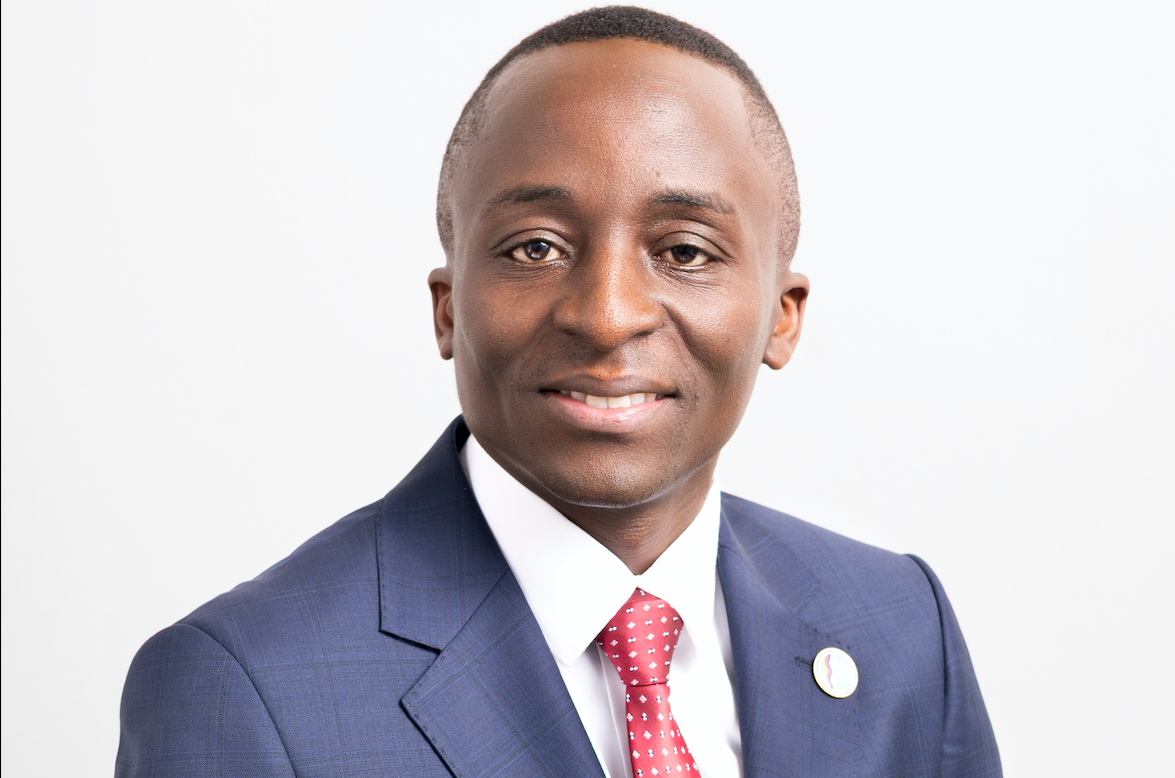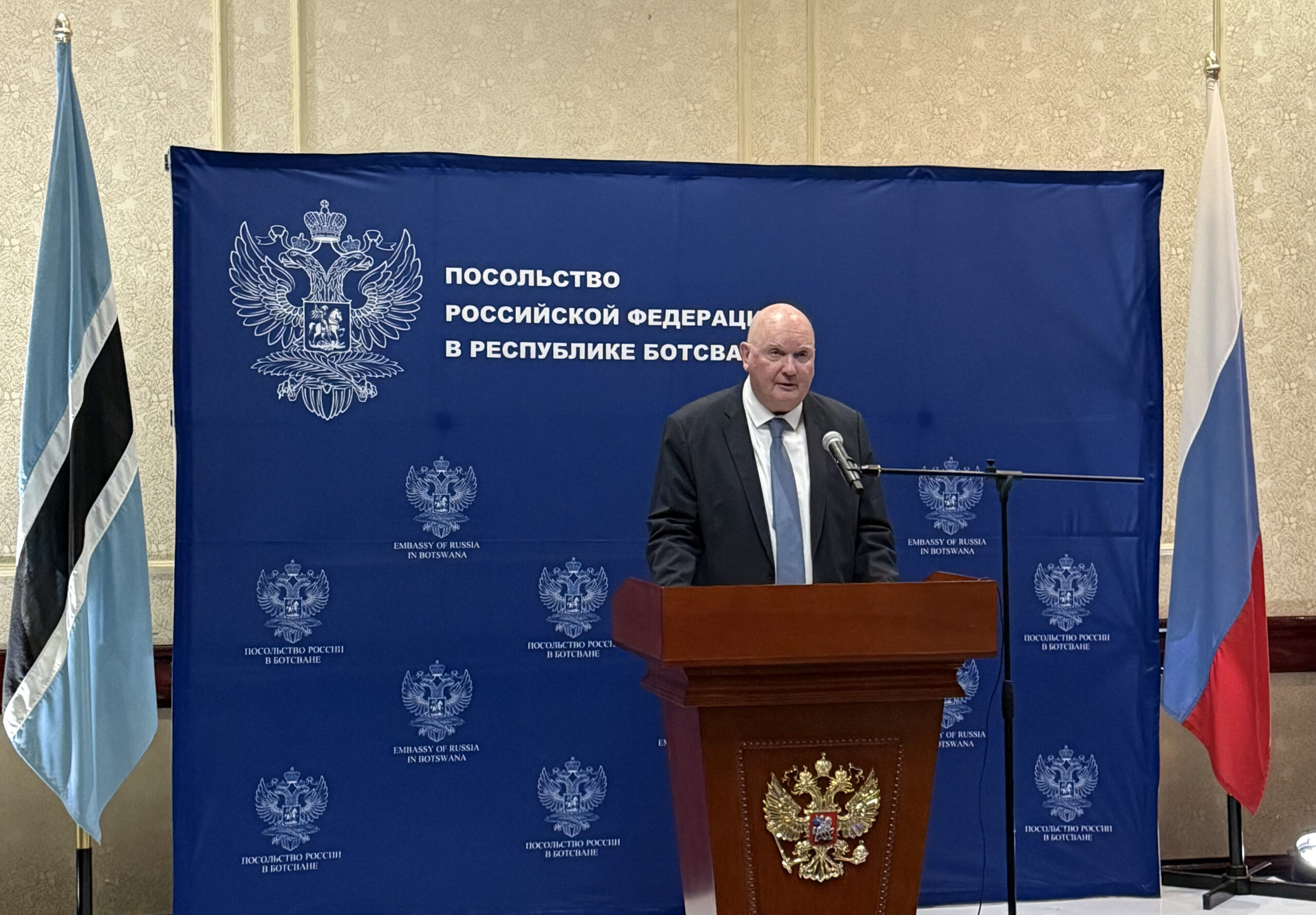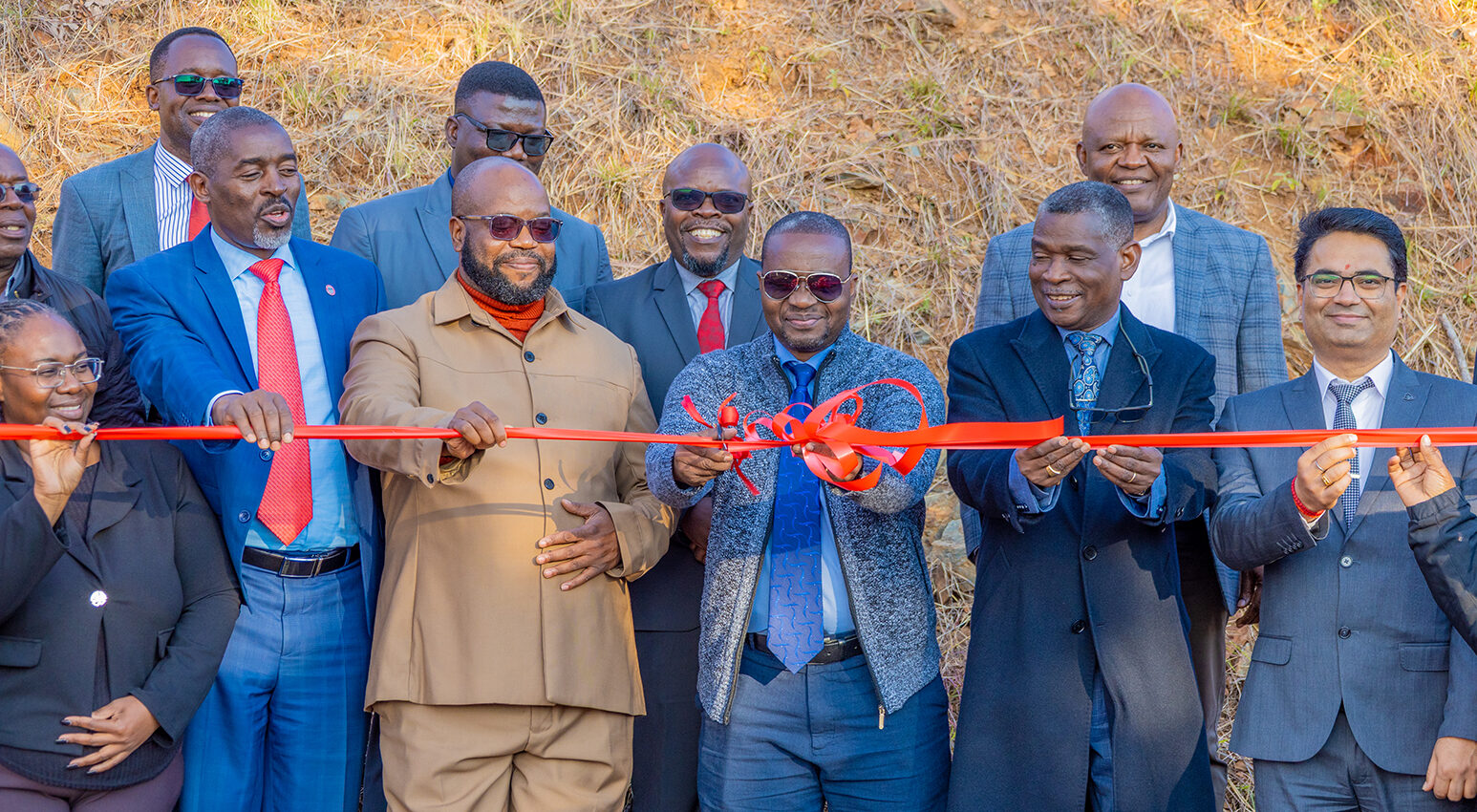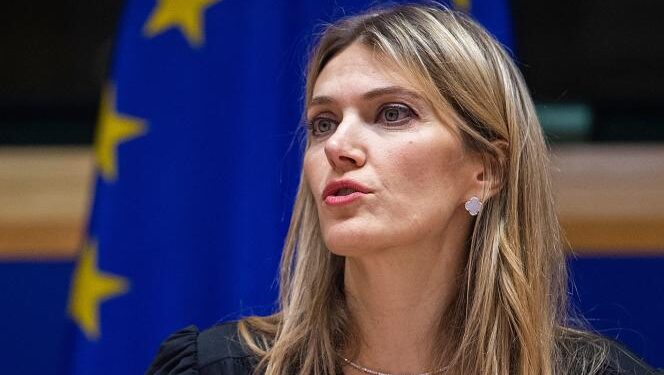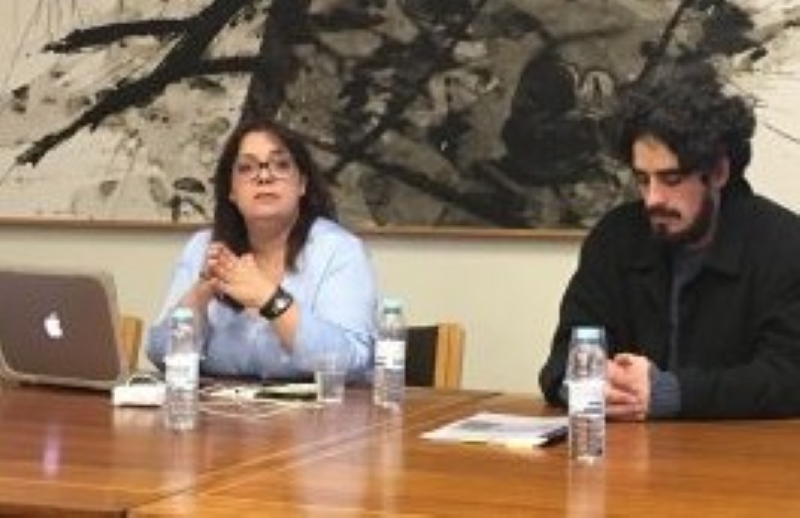
The Pan Afrikanist Watchman
President Dr. Mokgweetsi Masisi’s spirited campaign for Botswana’s candidate for the coveted prize of Executive Secretary of the 16-member regional bloc, SADC, finally paid off Tuesday in Lilongwe, Malawi, when Elias Magosi was named the winner.
Magosi was very recently temporarily relieved of the post of Permanent Secretary to the President (PSP) and appointed Ambassador at Large in order to allow him to travel with the president as he campaigned for him.

The strategy has finally paid off. Magosi was named preferred successor to the Tanzanian Dr. Stergomena-Lawrence Tax brushing off stiff competition from the highly-decorated contender from the Democratic Republic of Congo (DRC), Faustin Luanga Mukela.
Mukela is currently a Senior Official at the World Trade Organisation (WTO), where he has been working since 1996.
Magosi’s feat means that Botswana will for the first time in the regional bloc’s 41 years, have a substantive Executive Secretary at the Gaborone-based headquarters of the Southern African Development Community,
Diplomatic observers say the victory bodes well for the smooth functioning of the Secretariat, since being a Motswana, Magosi will not need any acclimatisation to the culture of the country, nor that of the organisation.
He has previously worked as Director, Human Resources at the Secretariat.
Magosi, who boasts a Masters Degree in Organisational Development from Bowling Green State University in the USA and a Graduate Diploma in Management Services from Bolton University as well as years of service both in the civil service and private sector, becomes the seventh ES of the SADC.
Certainly, he has his job cut out for him. The region has lately experienced a wave of instability with violent protests in South Africa leaving the economy badly knocked; as well as pro-democracy protests in Eswatini, where strident calls from civil society organisations demand that Africa’s last absolute monarch, King Mswati III pave way for multi-party democracy.
In Mozambique, terror groups that had been killing residents of Cabo Delgado Province and causing a large-scale humanitarian crisis, as thousands fled their towns and villages – attracted SADC’s ire, compelling the regional bloc’s Organ on Defense, Politics and Security Cooperation to spring into action.
It has since deployed the SADC Standby Force there.
In fact, at this week’s 41st Ordinary Summit of the SADC Heads of State and Government, President Masisi, who has been chairing this Organ, gave a report outlining some of the security challenges that the region faces, as well as the achievements the SADC Organ Troika had made under his leadership.
Masisi has since handed the chairmanship to South Africa’s president, Cyril Ramaphosa. Masisi becomes the Outgoing Chairperson and will be on hand to lend Ramaphosa all the necessary support he may require as he tackles some of the vexing security issues.
Magosi will also need to revamp the organisational structure of the Secretariat. Under its predecessor – Southern African Development Coordinating Conference (SADCC) – the regional bloc assigned member states sector coordinating roles, but when it transformed into a treaty-based Development Community on August 17, 1990, the Secretariat adopted the use of Directorates.
It falls upon the new Executive Secretary to fast-track the Regional Indicative Strategic Development Plan (RISDP) to ensure that the timeliness to which member states had committed themselves to achieve regional integration are realised.
Magosi ascends at a time when the region and world at large are faced with the marauding Coronavirus pandemic (Covid 19), which has adversely impacted regional economies and drastically altered social relations.
The Secretariat will need to devise a Strategy to implement decisions of the Summit of Heads of State and Government as they pertain to pandemic response and management.
Being a party to the African Union, SADC has to be seen to implement the requirements of the continental integration as espoused by the 1993 Abuja Treaty that bequeathed Africa, the pan African Economic Community.
SADC will also have to move with speed in the political front to transform its SADC Parliamentary Forum into a fully-fledged SADC Regional Parliament in accordance with the dictates of the Abuja Treaty. Certainly, this will place the region in good stead to extract benefits from the African Union’s flagship economic project -the African Continental Free Trade Area (AcFTA) Agreement.
